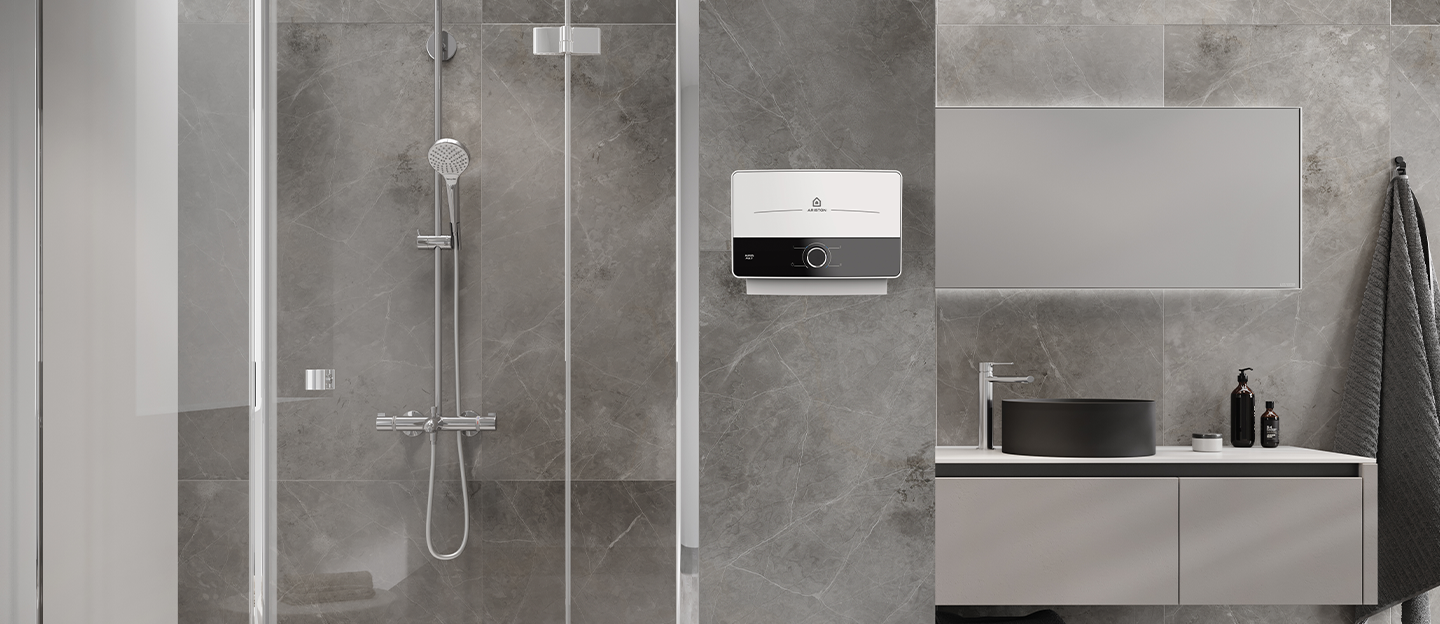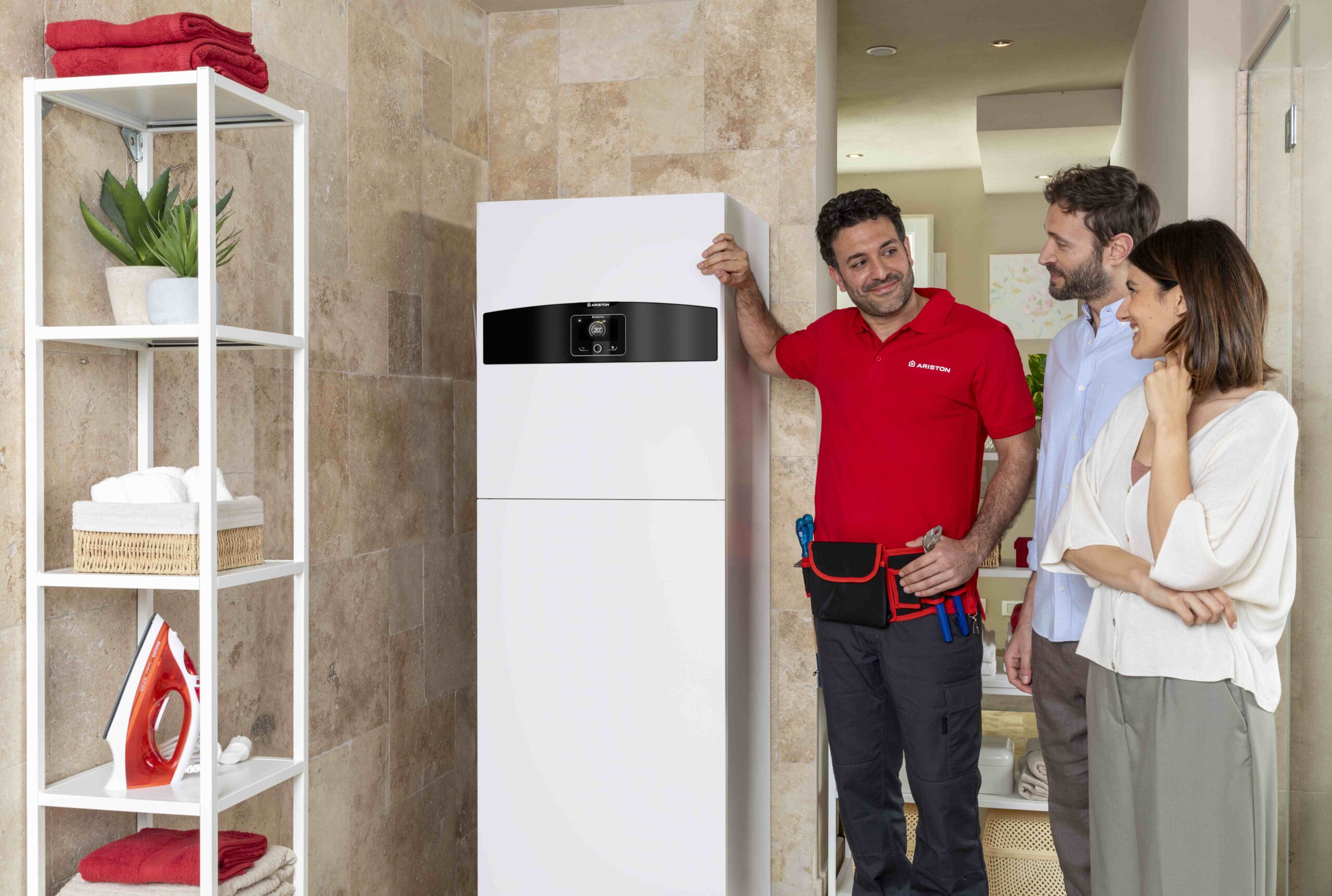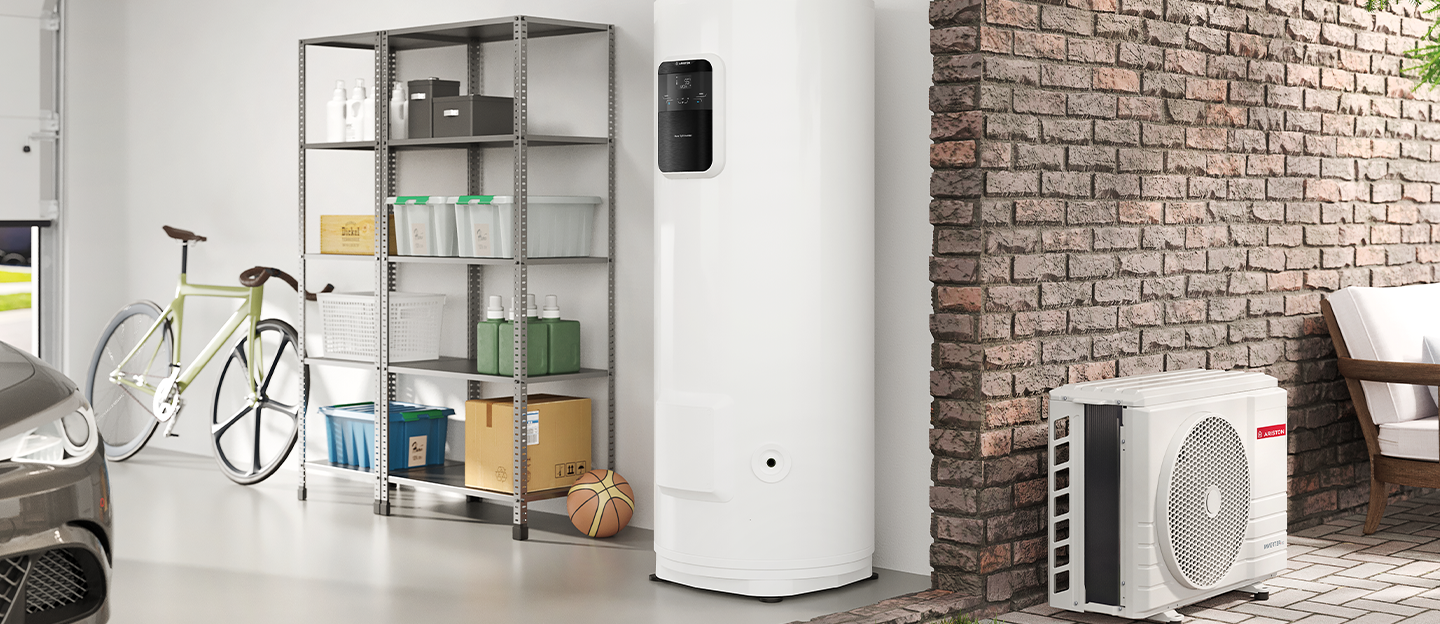Should I Leave My Boiler on Continuously?
Should I Leave My Boiler on Continuously?
Deciding whether to keep the boiler on continuously or to switch it off periodically is strategic for maximizing energy efficiency and ensuring equipment longevity.
We analyze the advantages and disadvantages of both choices to understand which option is the most efficient.
Is it better to keep the boiler always on or not?
The choice of keeping the boiler always on or turning it off periodically depends on various factors such as the type of boiler, the insulation of the building, and the daily routines of the inhabitants.
Keeping the boiler always on can ensure constant thermal management and reduce the need for energy peaks to bring the temperature back to desired levels after a period of inactivity.
Pros and cons of the always-on boiler
Advantages:
- Constant thermal comfort: an always-on boiler maintains a stable temperature inside the home, avoiding discomfort caused by temperature fluctuations.
- Energy efficiency: frequently restarting the boiler may consume more energy to reheat the rooms. A boiler that stays on operates at lower speeds, maintaining efficiency and reducing energy consumption.
- Less wear and tear on components: the continuous activation of the boiler reduces the risk of wear and tear on internal components that can be stressed by temperature changes caused by frequent switching off and on again.
Disadvantages:
- Potentially high energy costs: despite optimal management, keeping the boiler on all the time implies a continuous energy consumption that may be inefficient in times of reduced need.
Condensing boiler: is it worth keeping it on all the time?
Condensing boilers, thanks to their advanced technology that recovers heat from flue gases, are particularly efficient.
Their ability to modulate output based on actual heat demand makes them ideal for continuous operation, maintaining high efficiency and low energy consumption.
When it is advisable to switch off the boiler
- Prolonged absence: during periods of prolonged absence, such as holidays, switching off the boiler avoids unnecessary energy consumption.
- Mild climate: during mid-season periods or when the weather is mild, it may be more economical to switch off the boiler (if you have a separate water heater to have hot water)
Final tips for efficient boiler management
Installing a programmable thermostat and thermostatic radiator valves enables precise temperature regulation and scheduled activation. These devices help adapt the operation of the system to the needs of the household, optimising the use of the boiler and reducing energy waste.
To find out how to optimise the use of your boiler and cut costs, visit our in-depth article on how to save money with your boiler.
Carefully evaluating boiler use, considering both comfort needs and energy consumption, is fundamental for a wise and sustainable management of domestic heating.






